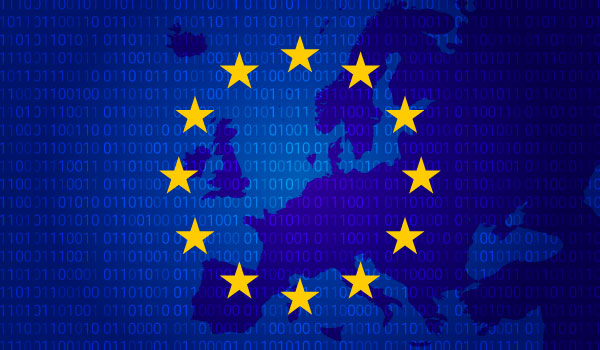The German Ministry of Finance (BMF) has published the draft law on the German e-invoicing mandate, which will come into force on 1 January 2025. This document contains a guide detailing the regulatory changes introduced by the Growth Opportunities Act (Wachstumschansengesetz) and practical guidance for businesses in Germany.
Key aspects of the guide
From 1 January 2025, businesses will have to be able to receive e-invoices that comply with EN 16931. Initially, it will be sufficient to provide an email address to comply with this requirement, although they will also be able to use other distribution methods to receive e-invoices.
The obligation to issue electronic invoices will be implemented gradually during 2027 and 2028, allowing companies to adapt progressively to the new requirements.
Invoices will have to be distributed electronically, either by e-mail, download or interface. It will not be legal to store the invoice on hardware and send it physically for download.
Practical guidelines
The guide includes indications regarding the proper storage of electronic invoices. It also clarifies the procedures for deducting input VAT on e-invoices, providing businesses with the information they need to correctly manage their tax obligations.
In this regard, if a customer refuses to accept an e-invoice or is unable to receive it, the draft indicates that he is not entitled to an alternative invoice. The supplier’s VAT obligations will be considered fulfilled, irrespective of the customer’s acceptance.
The final document will be published in the fourth quarter of 2024, giving businesses time to prepare and ensure that their systems and processes comply with the new regulations.
This mandate represents a significant step towards the digitisation and modernisation of tax processes in Germany. Businesses must adapt to these changes to ensure compliance and take advantage of the opportunities that e-invoicing offers to improve efficiency and reduce operating costs.











